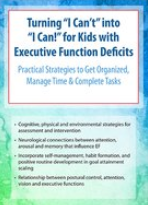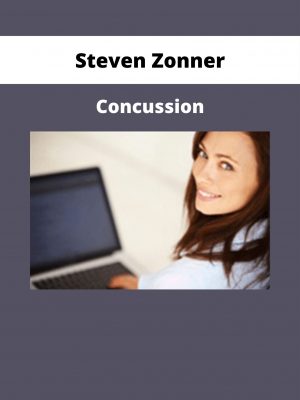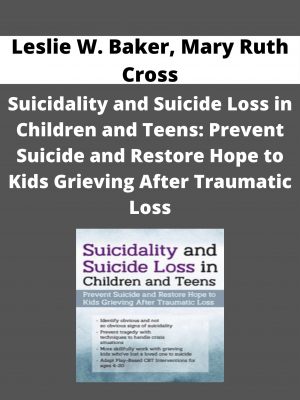-
×
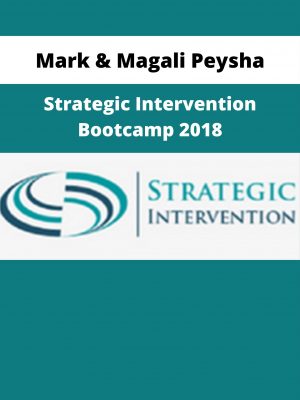 Mark & Magali Peysha – Strategic Intervention Bootcamp 2018
1 × $136
Mark & Magali Peysha – Strategic Intervention Bootcamp 2018
1 × $136 -
×
 Rob Swanson – Handwritten Postcard System
1 × $25
Rob Swanson – Handwritten Postcard System
1 × $25 -
×
RSD Brad Branson – Rapid Persuasion 1 × $38
-
×
Nicola Delic – ND10X – 10X Your Money In 10 Days 1 × $59
-
×
Arash Dibazar-Enigma – The Principles of Zepar 1 × $75
-
×
John Dupuy ft Leigh Spusta – iAwake Technologies – Deeply Theta 1 × $27
-
×
Tracey Meagher – Vydeo Presenters vol. 1 1 × $25
Subtotal: $385

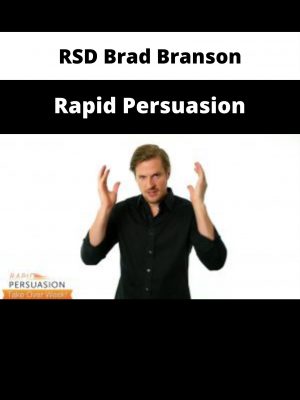 RSD Brad Branson – Rapid Persuasion
RSD Brad Branson – Rapid Persuasion  Nicola Delic – ND10X – 10X Your Money In 10 Days
Nicola Delic – ND10X – 10X Your Money In 10 Days  Arash Dibazar-Enigma – The Principles of Zepar
Arash Dibazar-Enigma – The Principles of Zepar  John Dupuy ft Leigh Spusta – iAwake Technologies – Deeply Theta
John Dupuy ft Leigh Spusta – iAwake Technologies – Deeply Theta  Tracey Meagher – Vydeo Presenters vol. 1
Tracey Meagher – Vydeo Presenters vol. 1 

